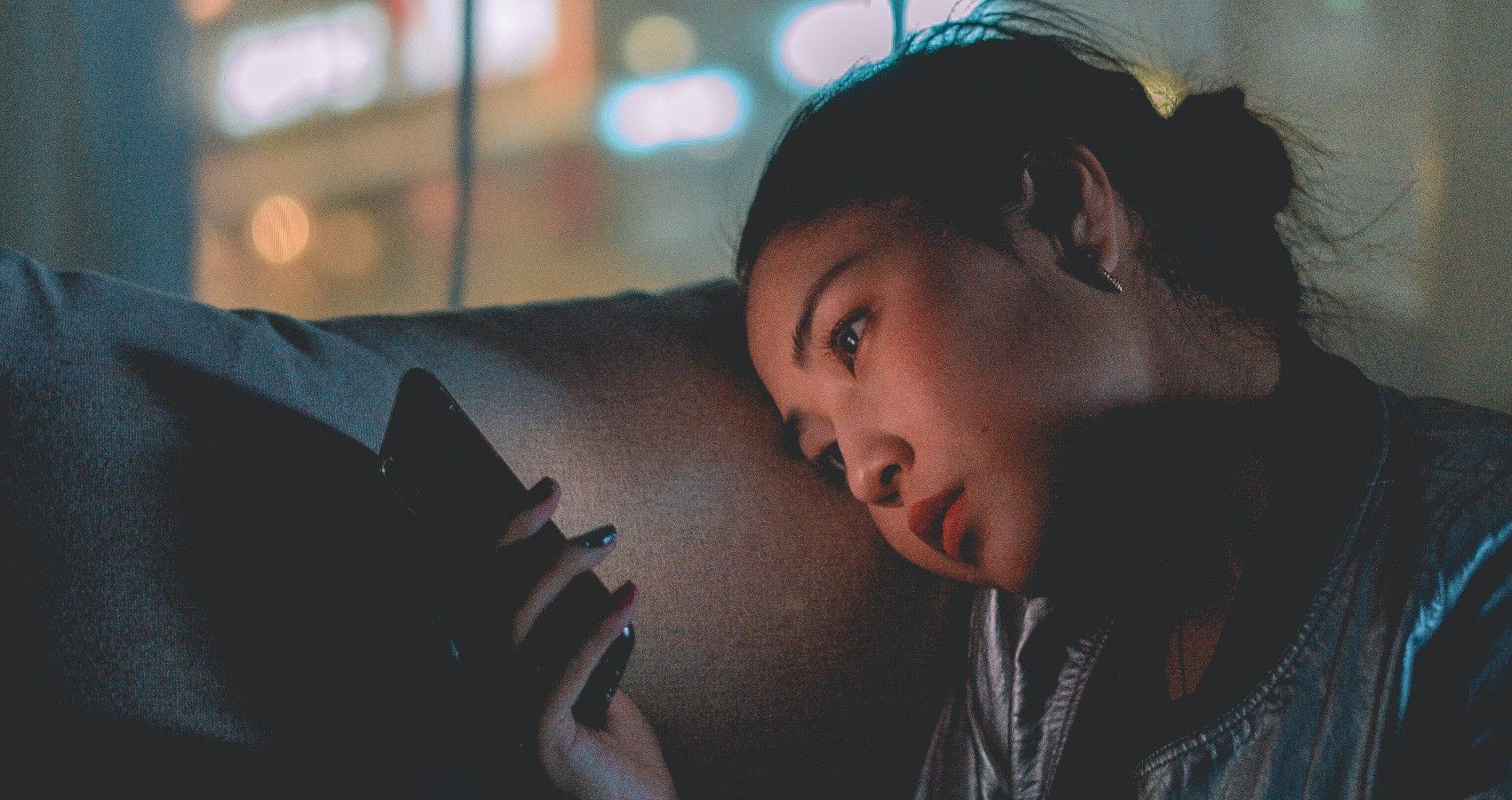When it comes to online communities, there are some benefits and serious risks that may come out of it for teenagers. The online world is very prevalent for the youth of today. They spend a lot of time online scrolling through social media and communicating with friends and strangers. This has been especially true during the COVID-19 pandemic, as teens search for ways to connect with people safely. While this can be a great way for teenagers to find support, it comes with some risks.
According to The Conversation and PHYS, there has been some concern about teenagers and how they deal with social isolation –how they would handle being cut off from their friends, peers, and family members. They are turning to online social communities for connection.
Online communities can be very vast, and they are found in groups on Facebook, Instagram chats, and even the comment section of YouTube videos. While these may be great places for connections and interactions, experts are warning parents that these can be dangerous places for teenagers because they can cause distress and even expose them to dangerous ideas.
A psychologist has pointed out one way this can be damaging to a teenager, especially to a teenager who is trying to find their own identity. The main concern would be that a teenager is going to compare themselves to the moments they see their peers sharing on social media. These moments are often “cherry-picked” to show the best and most successful moments, and they omit the real struggles that their peers face, this makes them question their worth.
There is also more common concern about safety and bullying when it comes to the online world.
However, on the other end of the spectrum, the only community can be a great place for support, and it is on a platform with which teenagers feel comfortable. The study that was done found that online communities can provide valuable advice, emotional support, belonging, and validation.
The psychologist states that there, currently, is not any evidence that shows that the use of social media among the younger generation is harmful to the well-being of the younger generation. There is some argument that comparing yourself to someone online can increase your desire to want to improve yourself. It would appear that the struggle would come with trying to find the balance between the two and how to make sure a teenager is safe online while trying to build and find connections.
Sources: The Conversation, PHYS

